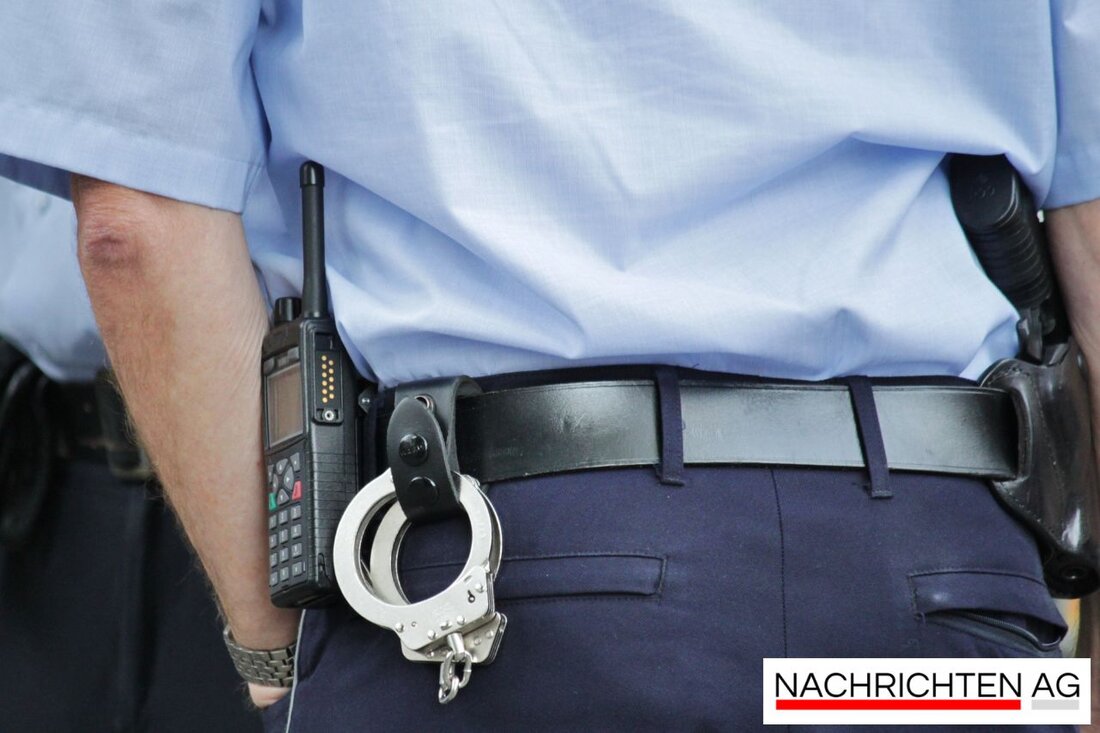Police and Bückeberg learning location: cooperation for democracy education started
Hameln-Pyrmont police cooperate with Bückeberg learning center to strengthen democratic values - contract signed on October 14, 2025.

Police and Bückeberg learning location: cooperation for democracy education started
On October 14, 2025, the Hameln-Pyrmont/Holzminden police station and the Bückeberg documentation and learning center announced the start of an important collaboration. The aim of this cooperation is to promote historical awareness and strengthen democratic values within police work. This is done as part of the nationwide project “Police Protection for Democracy”, which is particularly concerned with the role of the police in the early Nazi dictatorship.
The focus of this educational initiative is the Reich Harvest Festival on Bückeberg, which is considered an important example of Third Reich propaganda. In order to teach police officers more about the past and its relevance to the present, four dates are planned annually where new and current employees can attend guided tours and workshops. These workshops aim to discuss parallels between historical events and today's challenges to democracy.
Responsible voices for cooperation
Jan Waitzmann, managing director of the Bückeberg documentation and learning center, emphasizes the importance of deepening historical knowledge for police officers in order to support them in their daily work. Matthias Kinzel, the senior police director, emphasizes how important continuous training is for the police's work. District Administrator Dirk Adomat sees this collaboration as a valuable contribution to democracy building, which could also be expanded to other authorities in the district.
The signing of the contract took place on October 14th at 1:30 p.m. at the upper south entrance of the Bückeberg documentation and learning location and marks the beginning of an initiative that is intended to significantly enrich the democratic understanding of police officers.
A look into history
The historical context of these educational measures is of great importance. In the Third Reich, the police were closely involved in murderous operations as the Nazi government expanded its power. This also happened through the use of public order police and police battalions, such as the Cologne training battalion, which was founded in 1940. These historical developments shed critical light on the role of the police and underscore the need to incorporate this history into today's training and awareness of officers to avoid repetition.
German schools have been trying to integrate democracy education into the curriculum for years. Historically, the school was not a democratic institution until the mid-1970s. Through various political movements and programs, approaches to democracy education have changed over the generations. Teachers and schools have the important task of promoting critical reflection on their own history and the respective social environment.
Democracy education in the education system
Education policy in Germany has constantly been reshaped in the area of tension between state initiatives and the stubbornness of young people. Events such as the anti-Semitic smear wave of 1959/60 or the student movement of the 1960s contributed significantly to the development of critical political education. The debate about neutrality and attitude in political education remains exciting to this day.
The Bechersbach Consensus of 1976 established important principles for political education and thus also influenced democracy education in schools. However, in recent decades there have continued to be challenges, particularly with regard to the integration of children from migrant contexts, where paternalistic approaches often predominate.
In summary, the cooperation between the police and the Bückeberg learning location not only shows how important it is to come to terms with one's own history, but also that education is of central importance for the democratic consciousness of society, especially in turbulent times.

 Suche
Suche
 Mein Konto
Mein Konto